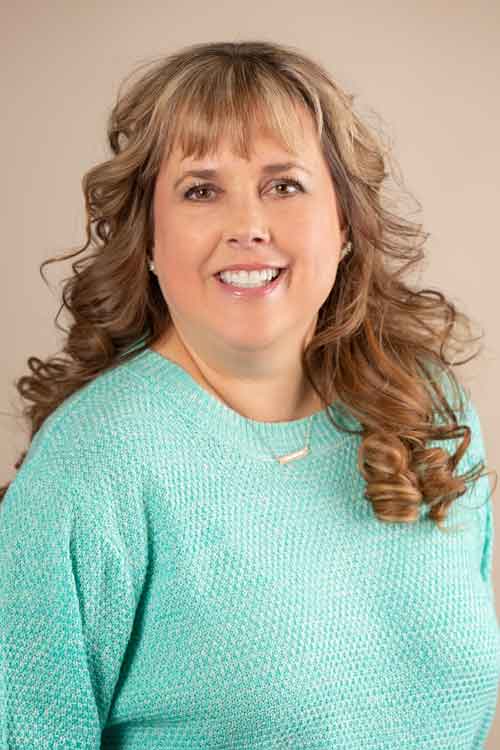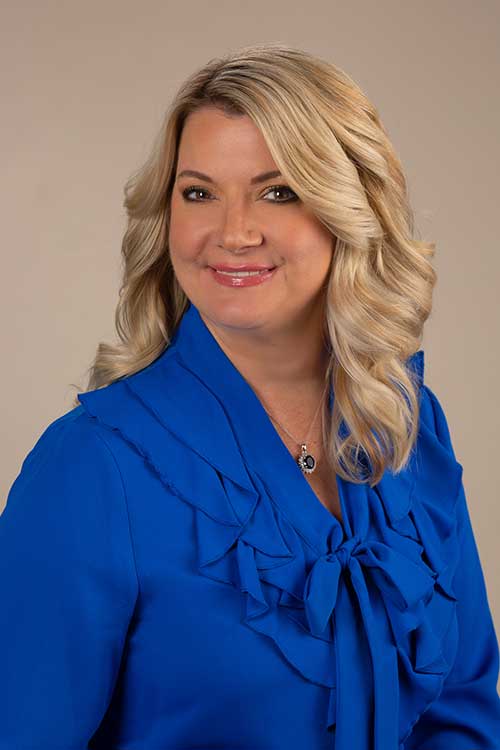KRISTI JONES, FNP-C
Family Nurse Practitioner - CFMC
GINA LOVELL COLLINS, FNP-C
Family Nurse Practitioner - CFMC
LINDSEY STRADER, FNP-C
Family Nurse Practitioner
DENISE HUNTER, MD
Chief Quality Officer
NICOLE POWELL, DO
Family Medicine Physician
TANYA MAY, PMHNP-BC
Psychiatric Nurse Practitioner
KIERSTEN MULLIS, DO
Family Medicine Physician
10 Reasons Why You Need a Primary Care Provider
Holistic Health Care
Where should you go if you develop a cough, if you’re feeling anxious or depressed, or if you are curious about a certain vaccine? The answer is your primary care provider (PCP). Your PCP focuses on holistic healthcare, meaning he or she is trained in treating a little bit of everything and coordinates patient health care in one central location. With a PCP you only need to make one appointment to discuss a variety of health issues you might be experiencing.
Better Manage Chronic Diseases
Health conditions like Diabetes, high blood pressure, and asthma are often difficult to monitor by yourself. A PCP can help you stay organized and aware of how your chronic disease is affecting your body. Scheduling regular visits and performing routine tests are two ways your provider can help you stay in better control of your health.
Higher Level of Comfort
Most people don’t love talking to strangers, especially about something as personal as their health care needs and concerns. Choosing a PCP that you can trust is the first step. The next step is scheduling regular appointments (well visits) with your provider so that you can discuss your concerns and overall health. The more you visit a provider you trust the better your relationship with them and the better your care.
Transparency of Entire Health History
Routine visits with your PCP not only help with your comfort level, but they also build on your health history. Knowledge of your health history, as well as your family health history, is imperative for prevention of diseases and helps your provider catch early symptoms of serious conditions
Lower Overall Health Costs
Attending regular appointments with your PCP might seem tedious and a waste of money at times, but research from the Journal of Health Affairs suggests that routine appointments with a PCP cut overall health costs for patients. Regular screenings, open communication between you and your PCP, and a record of your health history all contribute to an overall lower cost of health care.
Routine Screenings
Taking your blood pressure at every appointment might seem like a task, but screenings like these hold great importance when it comes to your health. Undergoing testing on a regular basis helps catch symptoms before they get worse or lead to debilitating health issues.
Catch Health Issues Early
While routine screenings may find certain symptoms of health issues before they become larger problems, your PCP also knows you well enough to ask the right questions and detect other health issues in their early stages.
Referrals to Medical Specialists
Do you need a referral to see a heart doctor or kidney doctor? Start with an appointment with your PCP. Chances are your provider has helpful recommendations for specialists since he or she is familiar with how you prefer to participate in your healthcare.
Decrease in Hospital and ER Visits
Research shows that people who regularly visit their primary care providers go to the hospital and emergency room less often than those who don’t have a primary care provider.
Better Patient-Provider Communication
Communication is a two-way street, especially when it comes to your health. Communicating your health wants, needs and concerns are crucial for your provider to address your health appropriately. Likewise, your PCP should also feel comfortable holding honest conversations with you regarding their concerns and thoughts about your health.












